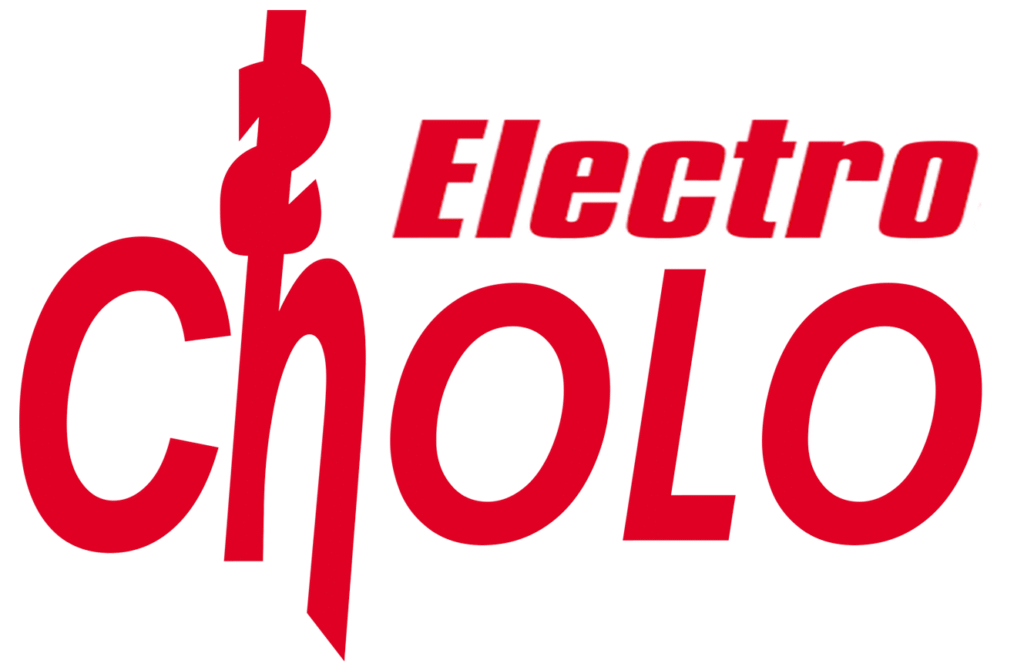Biomass
APPA points out biomass and geothermal energy as fundamental renewables for thermal consumption in cities

The city councils of various cities, including Madrid, have taken a step forward to improve the air for their inhabitants. APPA Renovables applauds the initiative to introduce fiscal measures, such as the bonus in the Real Estate Tax (IBI), for renewable air conditioning and requests the same bonus for all renewable technologies so that the decision is made by suppliers and consumers of in accordance with technical-economic criteria and to guarantee maximum efficiency of each project. Biomass and geothermal solutions for air conditioning integrate perfectly into these policies by satisfying thermal needs with renewable systems perfectly compatible with the air quality of cities.
The control of energy costs in the face of the variability of the price of fuels and environmental commitments are powerful reasons for renewable development nationwide. However, large population concentrations have an even more important reason to bet on clean technologies: citizens' health. According to the latest reports of the EurOpea Environment Agency (AEMA) atmospheric pollution causes about 490,000 deaths in EurOPA and 31,530 in Spain.
In our country, around 80% of the population lives in cities that are true energy sinks, where half of the energy is consumed in the residential sector. Specifically, more than 20% of national energy consumption is allocated to the air conditioning of buildings, where fossil fuels are mainly used since the penetration of thermal renewables is still testimonial in our country.
Thermal renewables, in addition to being necessary to meet the 2030 objectives (the percentage of 32% in energy far exceeds the entire contribution of the electrical system), are a tool for city councils to improve the quality of life of their citizens and advance towards the energy transition of urban centers.
APPA Renovables applauds initiatives that seek sustainable and renewable air conditioning, which guarantees high energy rating values and better air quality in cities. In this sense, it is necessary that the measures of the councils encompass all renewable technologies so that each citizen, based on the existing technical-economic characteristics and their energy needs, can choose their most appropriate renewable solution. Or a combination of them, since thermal renewables (biomass, geothermal and solar) are hybrid technologies, thus maximizing the energy and economic efficiency of the resulting air conditioning system.
Biomass systems are low emissions and perfectly compatible with the air quality objectives of cities. These solutions can cover all thermal demand, from individual boilers to large heat networks, which contribute with high efficiency to meeting the renewable heating needs of various groups of buildings (housing blocks, offices, sports centers, etc.) . Finally, geothermal exchange systems with heat pumps combine the use of renewable energy that is available in all types of terrain with high efficiency to generate heating, air conditioning and domestic hot water (DHW) in the same system.
Air conditioning networks: perfect solution for cities
The high concentration and enormous diffusion of emission points that has caused the progressive installation of individual boilers in cities can make it difficult to control system emissions. However, existing or planned networks are the spearhead of a practice that should be common since they combine the efficiency of large installations. An example of this is the Móstoles Econergía heat network, which supplies heating and DHW to 2,500 homes, although it is planned to be able to provide service to 4,000 more homes. This network, which uses forest chips, reduces the cost of DHW and heating by 15% and avoids the emission of 9,000 tons of CO 2 .
Waste: valuing our garbage
Waste can be of various types: forestry, agricultural, livestock, industrial and, of course, urban. The energy recovery of the organic fraction of municipal waste allows us to obtain biogas that, after conditioning to be converted into biomethane, has characteristics practically identical to natural gas and can be used to satisfy our thermal energy demands, either through gas network – injecting it, as the Madrid City Council does in Valdemíngómez – or using it directly.
Geothermia: renewable and efficient 24 hours a day 365 days a year
there are various solutions that are very efficient to meet our thermal needs. However, with an objective already agreed by the Eur OPEA Union of 32% of renewables by 2030, it is necessary that the thermal renewables manage to really penetrate the cities and towns of Spain. Geothermal exchange systems with heat pump could substantially contribute to it. Its operating conditions remain practically constant, given that the temperature of the land remains invariable from a certain depth which allows to reach high seasonal yields (SPF) above 4, which guarantee not only the excellent efficiency of these air conditioning systems but also the renewable character of them. Unlike other heating systems with heat pump, with seasonal values of significantly lower efficiency, which compromises their renewable character.
